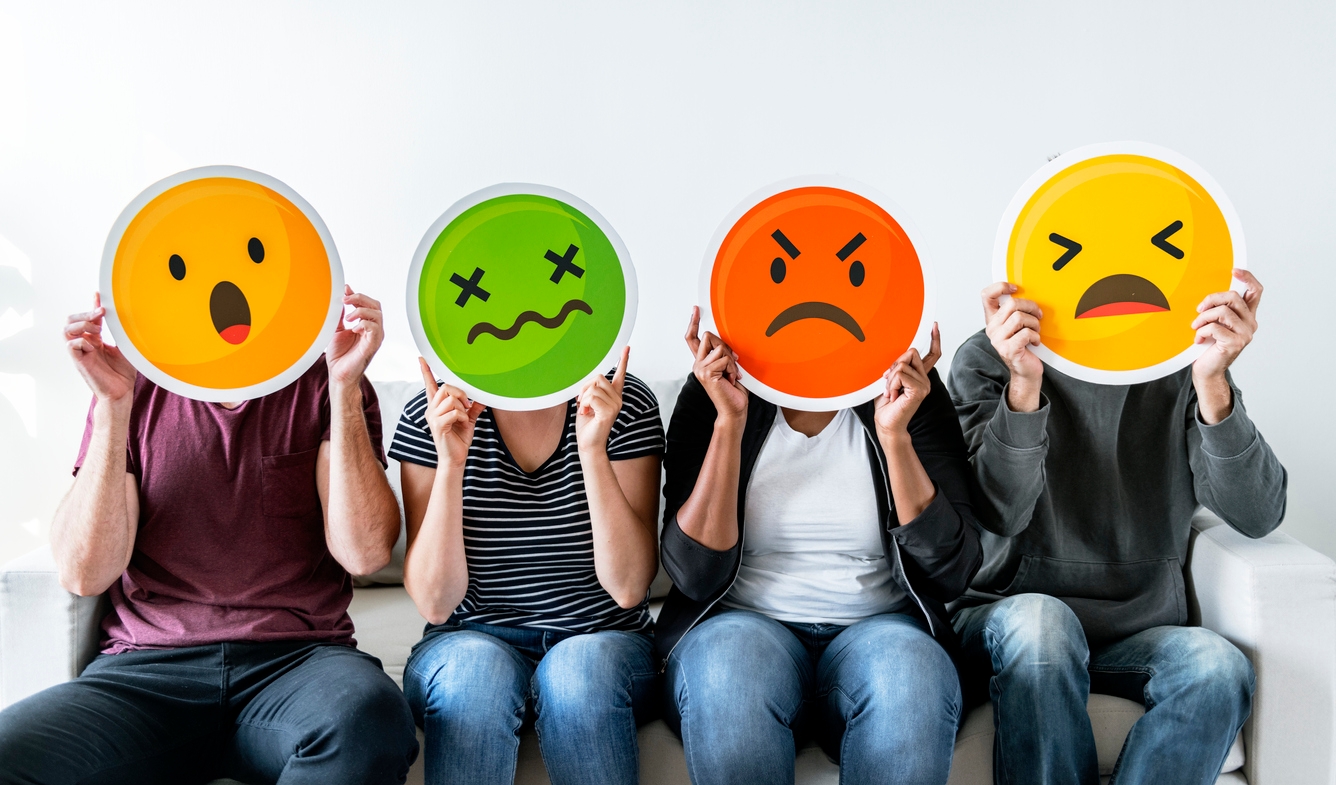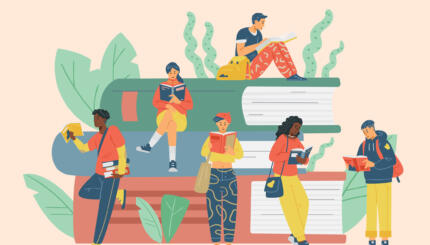In one form or another, social media is a constant presence in your life. One minute, a notification pops up on your phone saying that your crush liked your recent Instagram post. You smile and feel excited. A few hours later, you check again and don’t see any more likes or comments about your post. Suddenly, you feel nervous. Was it a bad photo? Are your friends ignoring you? Did your crush notice that no one else liked the post? Should you just delete it and pretend this mess never happened?
If that scenario sounds familiar, you’ve probably experienced the rollercoaster ride of dealing with social media-induced anxiety. Read on to learn more and find out how you can use Snapchat, Instagram, and other social media platforms to help, not hurt, your mental health.
The Downside of Social Media
Some experts say they’re seeing a rise in anxiety and depression among teens, and it seems to correlate with an increased use of tech devices. “If you’re already vulnerable to experiencing issues such as anxiety or low self-esteem, a high amount of social media use can put you over the edge,” says Lindsey Giller, PsyD, a clinical psychologist at the Child Mind Institute. You can become preoccupied with what others might be saying about you online, and worried that you are being judged negatively by others.
Social media anxiety is a real thing and can make people feel nauseous, sad, or tense. For some it can even cause depression or feelings of low self-worth, says Giller, who shared with us three really common types of anxiety that can come with social media use.
- FOMO Your feed is littered with photos of classmates having fun at a summer concert—but you never got the invite. In the two seconds, it took to see those posts, you go from happy to feeling really down. That can lead to incessant checking of your mobile device to see what others are up to, or what’s commonly called FOMO (fear of missing out). “People can become consumed with thinking about what others are doing, which can lead to anxiety or depression,” says Giller.
- Body Image Anxiety “Teenagers are privy to hundreds of images of their peers—images that most often don’t reflect reality,” says Deborah Silver, LCSW, a therapist in New York City. Even though you know many of the images in your social feed have been through multiple rounds of Photoshop and Facetune, it can still be tempting to compare yourself to them and feel like you come up short. On the flip side, if you’re the one posting Facetuned photos, you may wonder if people are following you because they like the real you or the airbrushed identity that you’ve created for online, says Giller.
- Cyberbullying Worries More than half of adolescents and teens have been bullied online, according to the i-SAFE foundation. Being on the receiving end of online meanness is hurtful, so it’s not surprising that cyberbullying can trigger anxiety.
The Upside of Social Media
Although it’s important to be aware of the risks and downsides, there are plenty of fun and positive aspects of social media, too! After all, it brings people together from all across the world. “You can connect with people you might never meet in your current life, expanding the range and diversity of your experience,” says Silver. Social media can also help you keep in touch with friends and family who live far away, which is good for your mental health. “Feeling connected and supported by others through social media is a great asset,” says Giller. “Of course, you want to make sure to connect with peers and friends offline. But social media can add to this positive experience.”
You don’t need to be chatting or gaming with someone in order to benefit. Something as simple as an Instagram post—a silly meme or a super cute #puppyoftheday pic, for example—can make you feel good.
How to Find Balance
It’s a smart idea to evaluate how social media use affects your mental health on a regular basis. If time online makes you unhappy, depressed, or anxious, figure out ways you can change that. For instance, you can unfollow an Instagram account that shows unrealistic body image expectations and in its place, add one that posts positive photos of your favorite athletes, or just shows silly photos that make you laugh.
It’s also good to look for signs that you’re becoming dependent on social media since too much time online is linked to increased anxiety. Maybe you can’t make it through a soccer game without sneaking a peek at your phone to see if you’ve got more followers—that’s a cue to take a step back. Consider using social media only during certain times of day (no Snapchatting after dinner, for example). It’s really hard at first to put your phone away when you’ve become so dependent on it, but after a few days or a week or limiting your use, you may be surprised to realize how much fun “real life” can be.
Special thanks to our experts:
Lindsey Giller, PsyD, clinical psychologist at the Child Mind Institute, New York City
Deborah Silver, LCSW, a therapist in New York City






